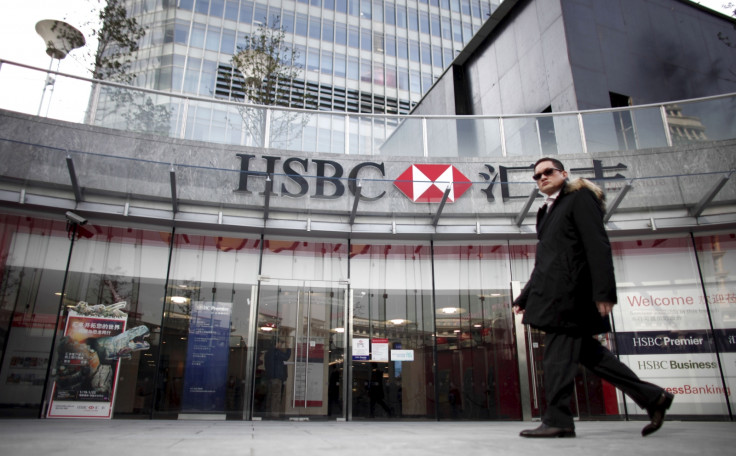HSBC announces $2bn share buyback scheme as profits climb 5%
FTSE 100-listed lender pleased with 'excellent' first half performance after difficult two years.

Shares in HSBC climbed over 3% early on Monday (31 July), after the bank reported an increase in profit and unveiled plans for a share buyback programme.
In the six months to 30 June, the FTSE 100-listed lender saw pre-tax profits rise 5% year-on-year to $10.2bn (£7.8bn), while net profit for the period rose 10% to $6.99bn. In the second quarter, pre-tax profits jumped from $1.7bn last year to $5.3bn, exceeding the average estimate for a $4.6bn figure.
HSBC described its overall performance as "excellent" after a turbulent two years, during which the bank stepped up its efforts to cut costs, by streamlining the business and slashing tens of thousands of jobs.
The cost-cutting drive appears to be paying off, with operating expenses falling 12% to $16.4bn in the first half of the year, largely thanks to the bank's sale of its operations in Brazil.
HSBC also recorded $0.9bn of cost savings in the first half of 2017, putting it on track to achieve its target of $6bn in cost savings by the end of the year.
The lender also announced a share buyback of up to $2bn, which it expects to complete in the second half of the year.
"In the past 12 months, we have paid more in dividends than any other European or American bank and returned $3.5bn to shareholders through share buybacks," HSBC's chief executive Stuart Gulliver said.
The new scheme will take the total returned to shareholders through share buybacks to $5.5bn.
"In theory a share buyback scheme represents a less risky way for companies to return cash to shareholders because it's a one-off bonus, rather than a regular payment like an ordinary dividend, and so doesn't have to be maintained to the same degree," said Laith Khalaf, senior analyst at Hagreaves Lansdown.
"However, markets can still get addicted to these schemes, with the associated withdrawal symptoms if they are taken away."
© Copyright IBTimes 2025. All rights reserved.






















